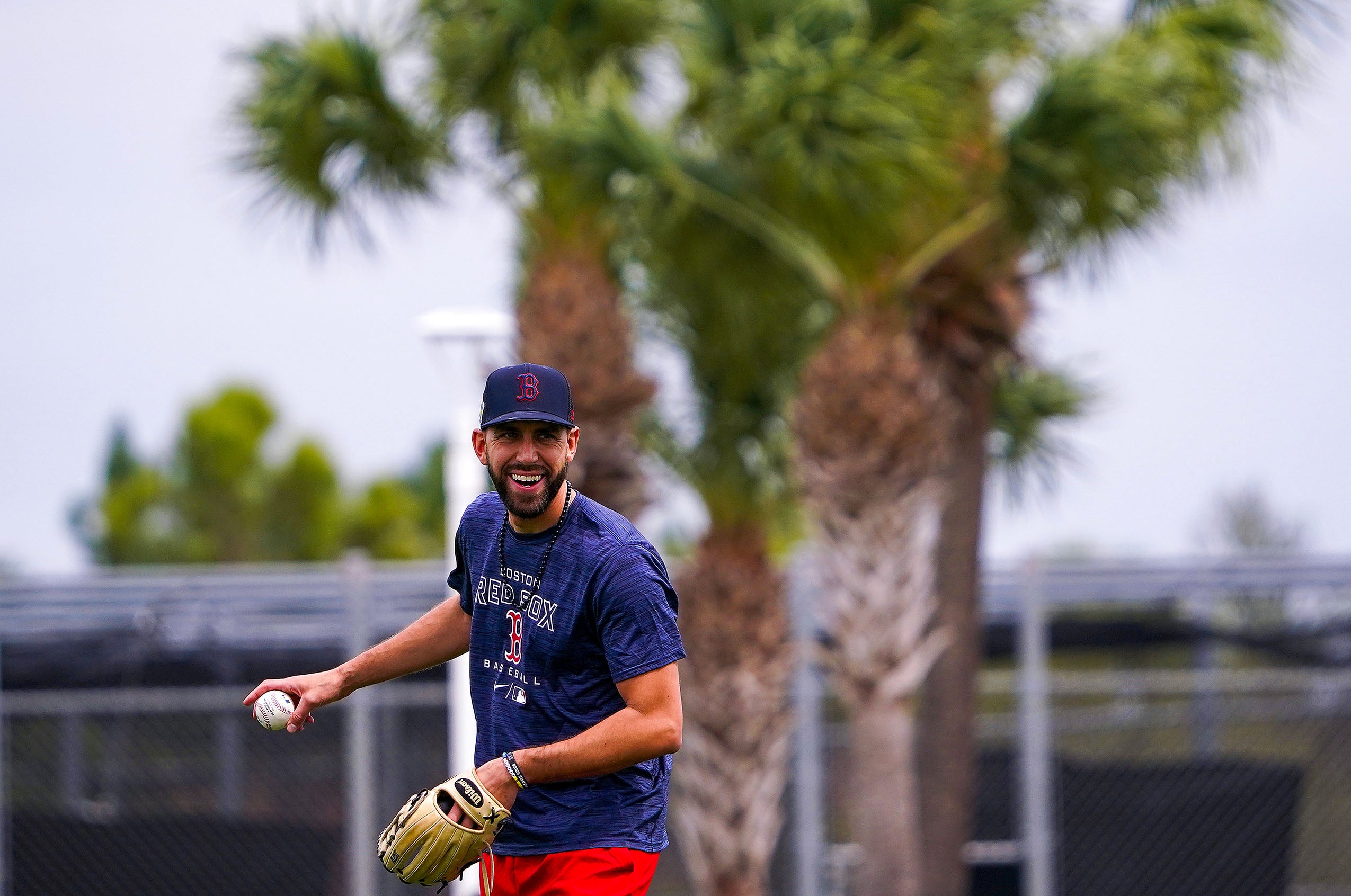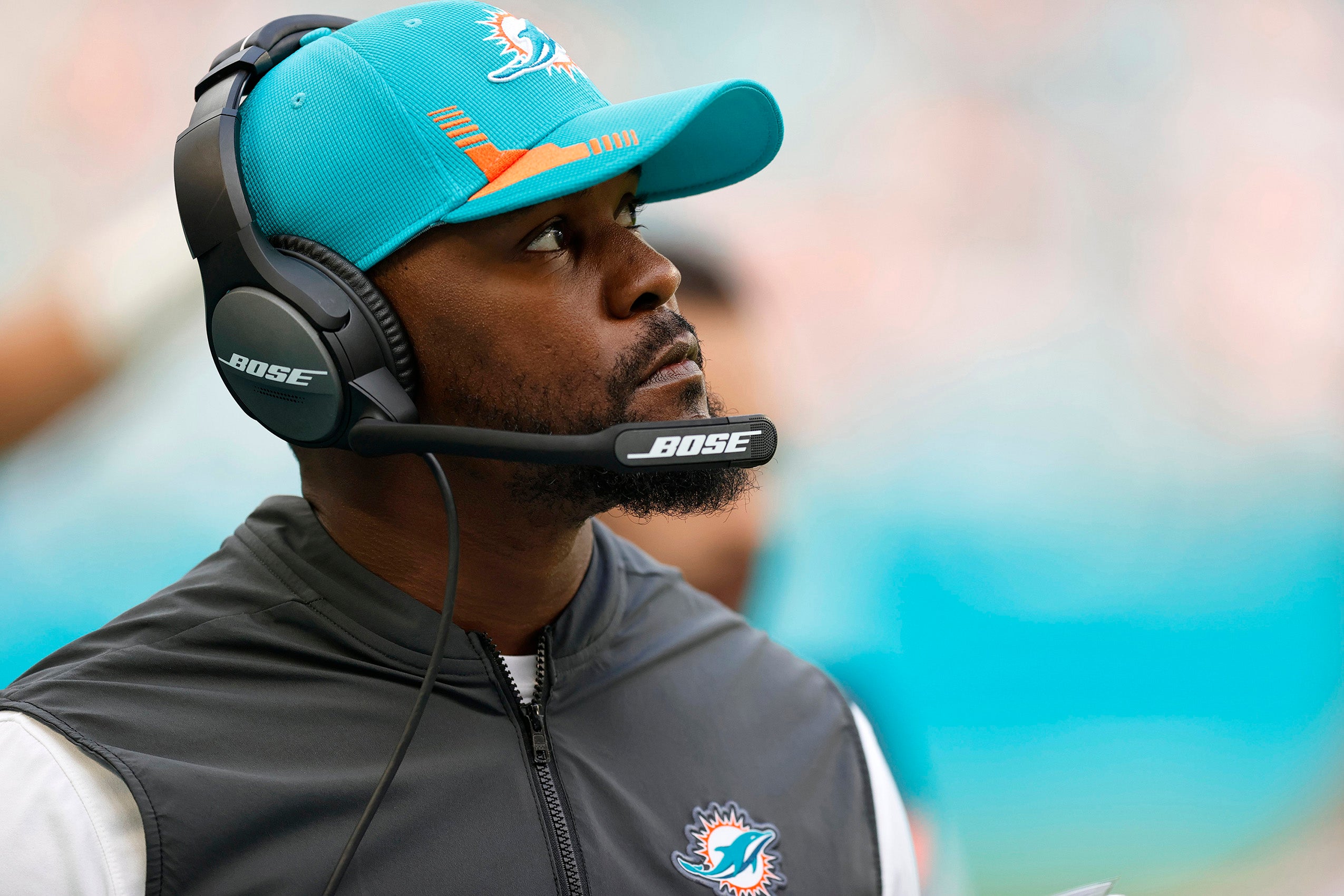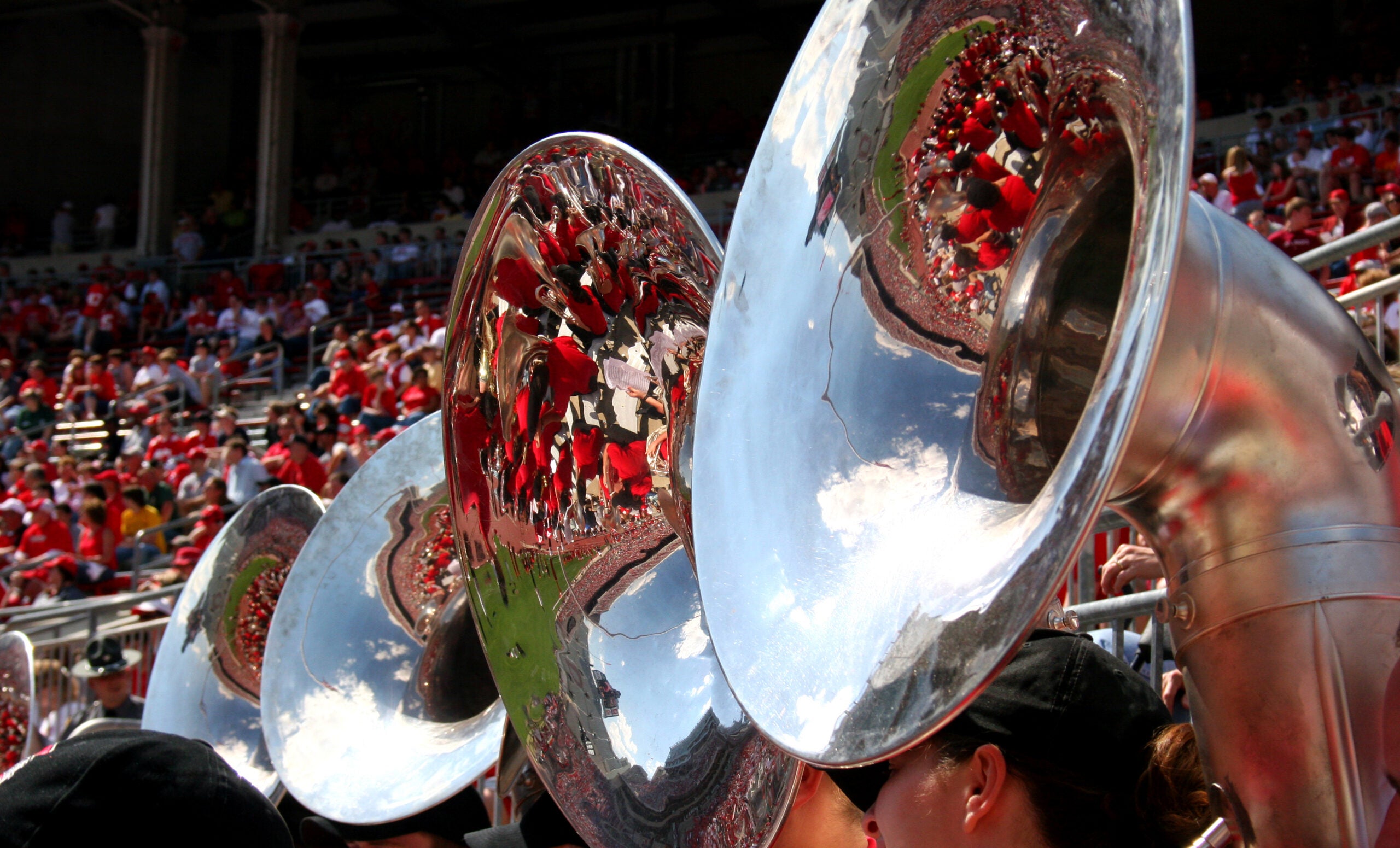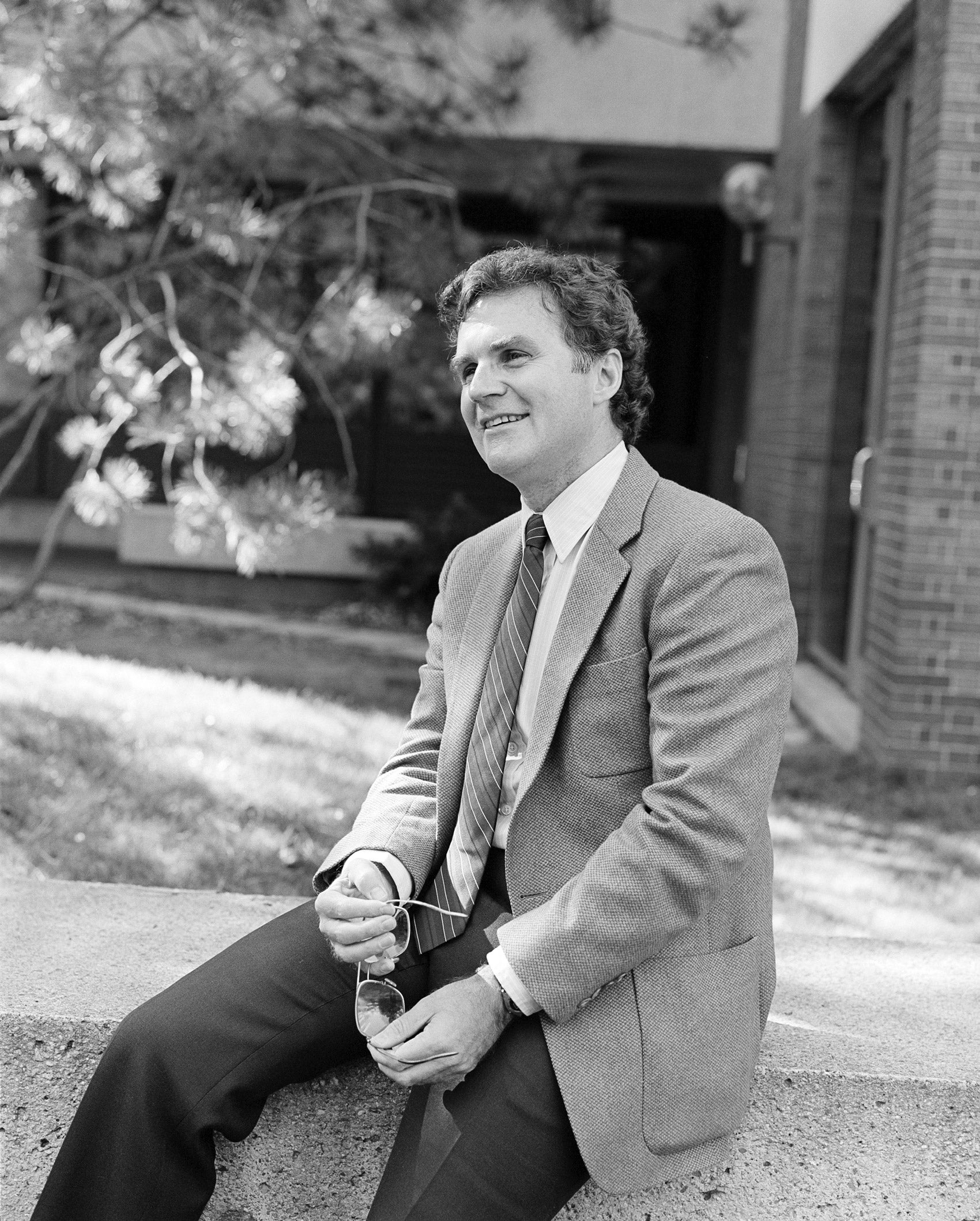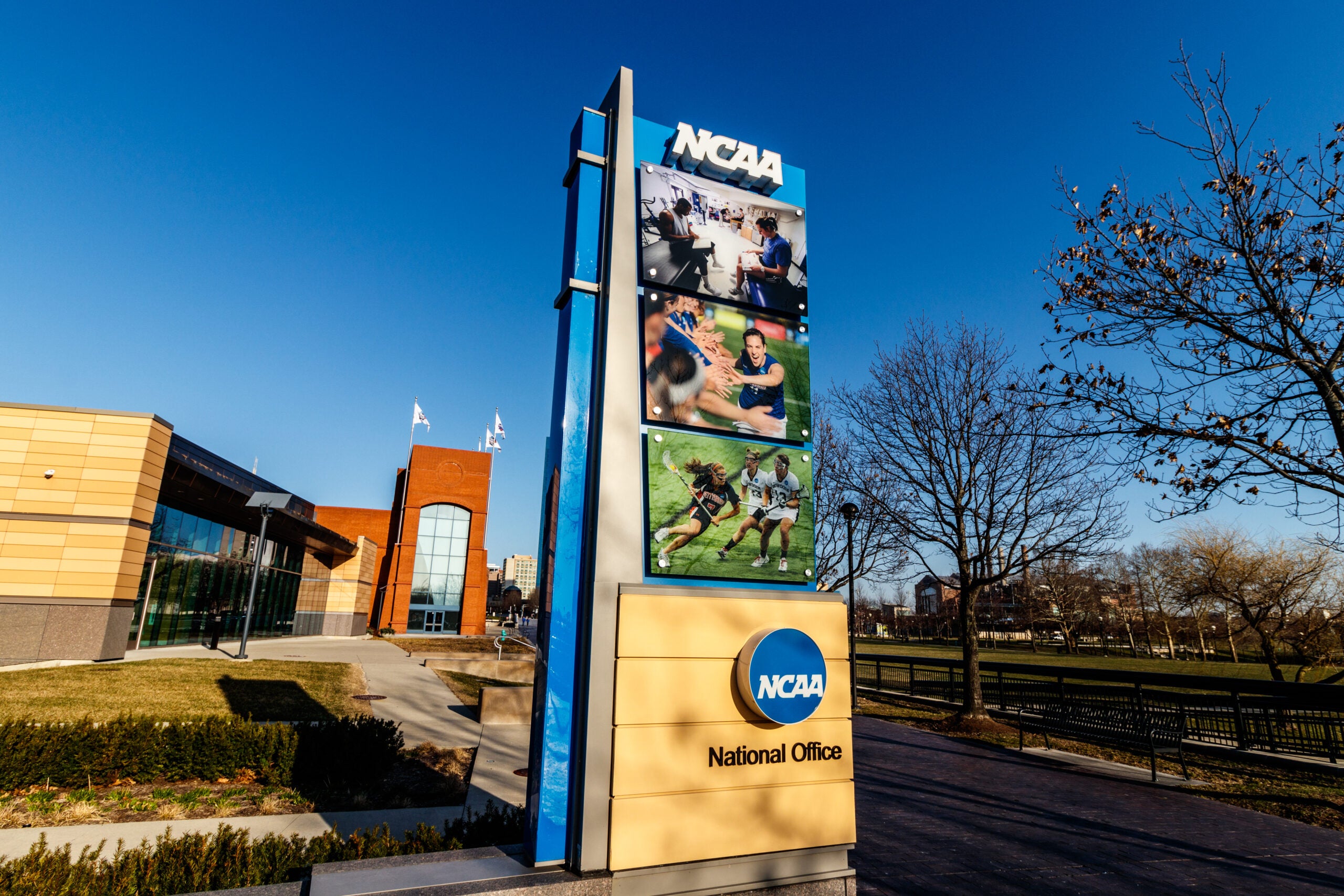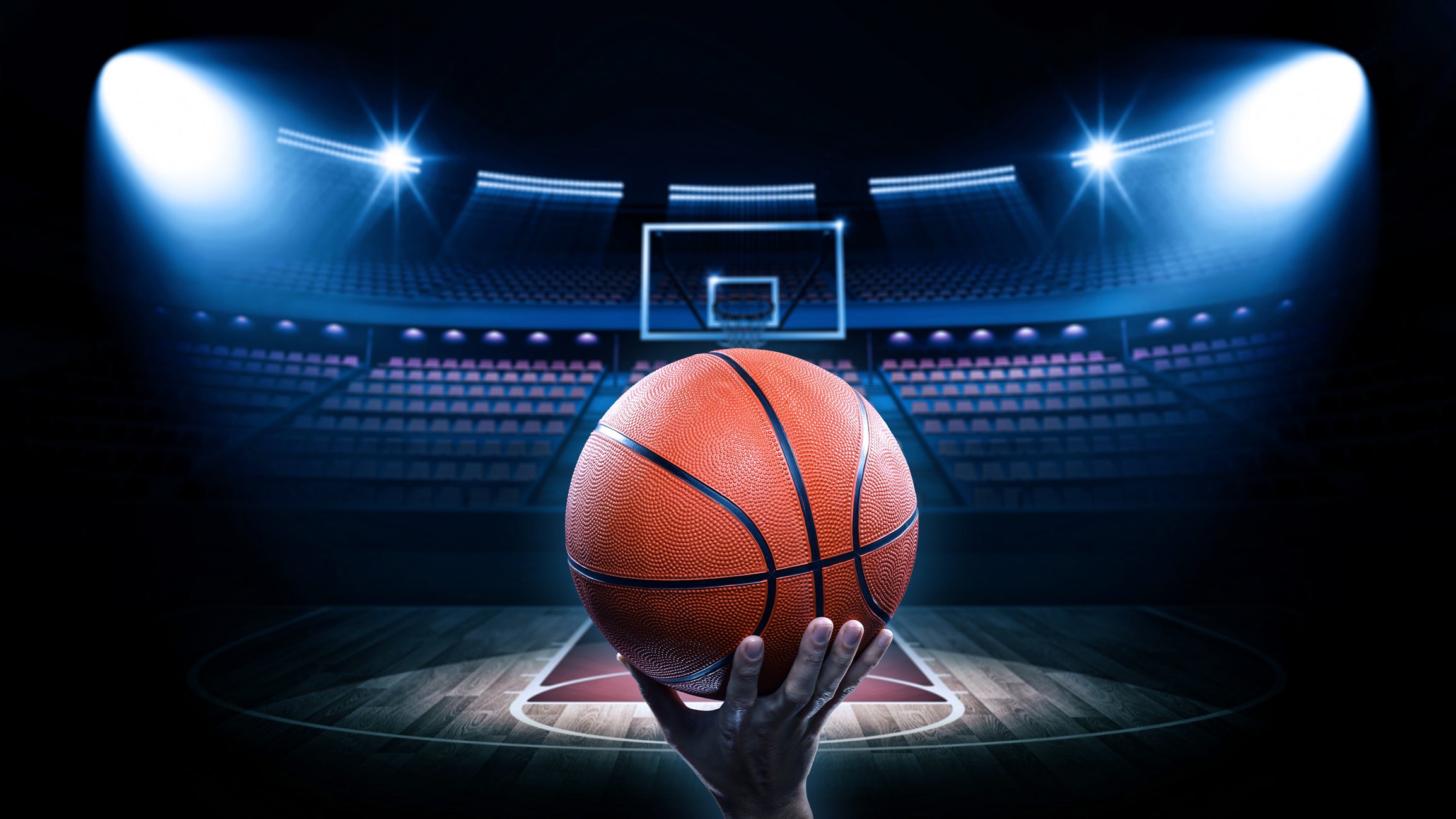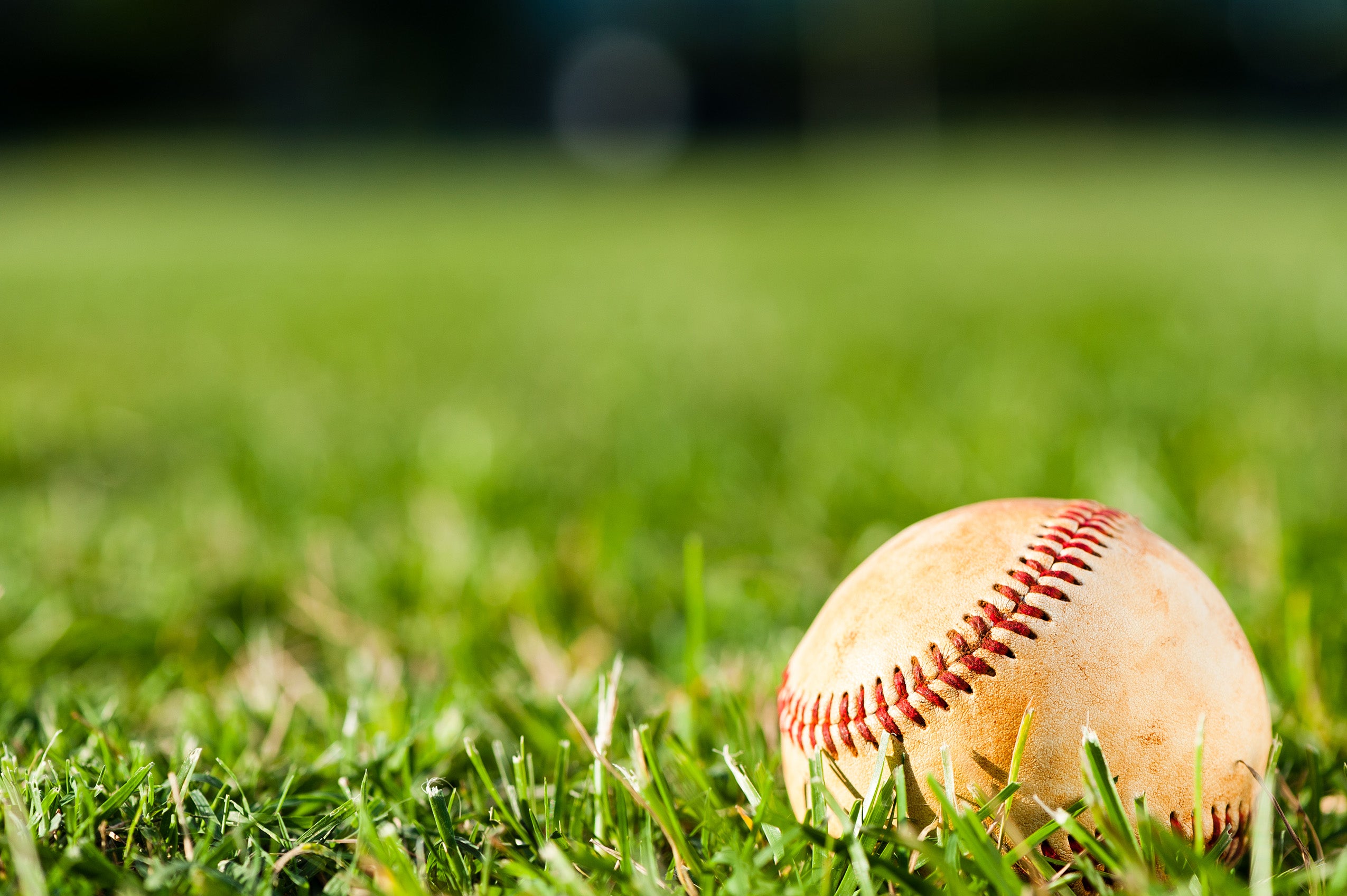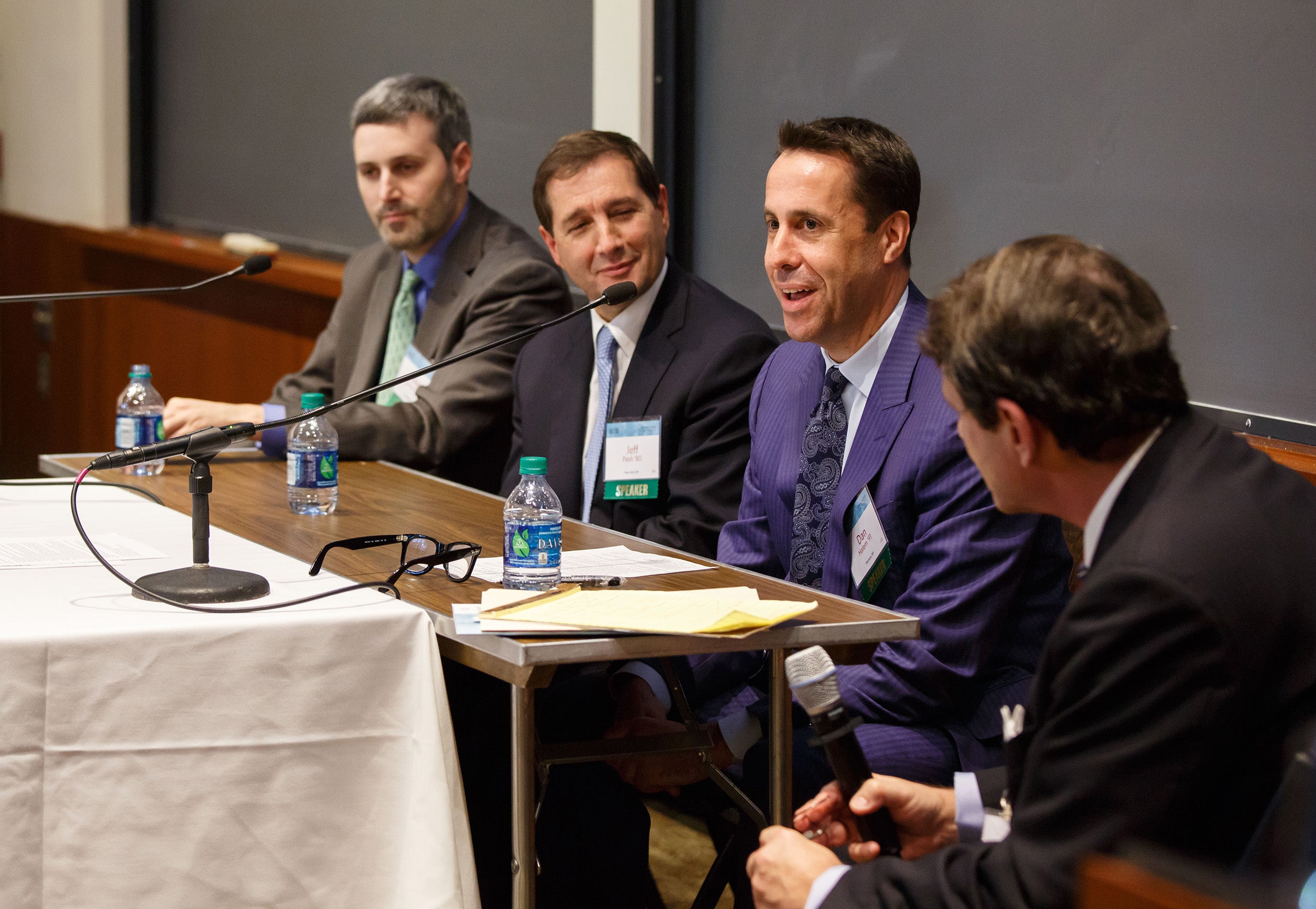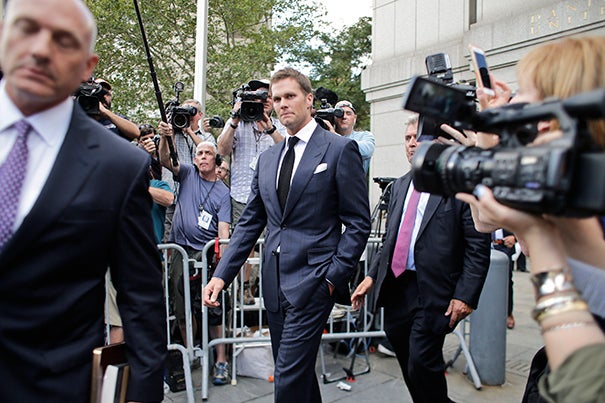People
Peter Carfagna
-
Fired MSU Coach Tests Employer Power to Jettison PR Liabilities
October 31, 2023
Fired Michigan State University football coach Mel Tucker’s fight to keep his $80 million payout confronts a contract trend in which brand-conscious employers have increasingly…
-
Play ball!
March 16, 2022
Sports law expert Peter Carfagna discusses Major League Baseball's new collective bargaining agreement and the impact it will have on the game of baseball.
-
Brian Flores vs. the NFL
February 9, 2022
Two Harvard Law experts say the suit filed by former Miami Dolphins head coach Brian Flores faces many challenges, but that if he can get it heard in court, Flores has ‘a good story.’
-
The new world of college athletics
August 3, 2021
A landmark Supreme Court decision and an extension of Name, Image and Likeness rights to student athletes usher in a summer of change for the NCAA, says sports law expert Peter Carfagna ’79.
-
Paul C. Weiler LL.M. ’65, 1939–2021: North America’s foremost labor law scholar and the founder of ‘sports and the law’
July 22, 2021
Paul C. Weiler LL.M. ’65, the Henry J. Friendly Professor of Law, Emeritus at Harvard Law School, renowned as North America’s foremost labor law scholar and the founder of sports law, died July 7 after a long illness.
-
The Supreme Court is set to hear arguments this week on NCAA v. Alston that could finally bring clarity on athlete compensation
March 31, 2021
While its billion-dollar basketball championships serve as a platform for players to voice their disapproval of its rules, the NCAA will polish and present its weathered case for amateurism to the U.S. Supreme Court this week in what legal experts describe as a crucial moment in the century-old journey toward athlete compensation. Attorneys in NCAA v. Alston are expected to make their oral arguments before the high court on Wednesday in a case that goes to the heart of the NCAA’s slow-to-evolve rules...All of the legal proceedings — the Supreme Court case, state laws and federal bills — create a very busy and confusing intersection of legislation. Among lawmaking bodies, who has the most power? Who trumps whom? If the Supreme Court rules for the NCAA, for example, could Congress still enact NIL reform? Yes, in fact, it can. “Congress can trump the Supreme Court,” said Peter Carfagna, a Harvard Law professor who is the faculty supervisor of the school’s sports law clinical program. “That’s unequivocal.” ... The Supreme Court “makes a lot of statements about the critical role the NCAA plays and the maintenance of the revered role of amateurism,” Carfagna said. The NCAA “holds on to that like a bulldog and it is still the crutch to this day.”
-
Is the National Collegiate Athletic Association (NCAA) violating antitrust law by limiting whether and how student-athletes can profit from their own labor, or are the organization’s long-established guardrails necessary to protect amateurism?
-
HLS sports law journal tackles publicity rights in college sports
September 15, 2020
The Harvard Journal of Sports and Entertainment Law publishes special edition focused on the NCAA and the rights of student-athletes to profit from their own name, likeness or image.
-
‘It was a titanic struggle to make this happen’
July 23, 2020
HLS Lecturer Peter Carfagna ’79 discusses Major League Baseball’s return to play during the COVID-19 pandemic.
-
How Jon Gruden’s 10-year, $100 million deal with the Raiders transforms the head coaching market
January 10, 2018
The Raiders will reportedly pay Jon Gruden $100 million over 10 years to come out of the booth and get back to coaching...Gruden does have a Super Bowl win on his resume. His Buccaneers beat the Raiders following the 2003 season. It happened just a few short months after the Raiders traded Gruden to Tampa Bay for four draft picks. On the other hand, Gruden also hasn’t coached at all since he was fired by the Bucs in 2009. Still, Peter Carfagna, a sports law professor at Harvard and the director of the sports law track at the University of Miami’s law school, said it makes sense in this circumstance. “It’s not a surprise, because when you look at building a multi-billion dollar stadium in Las Vegas, and sure. It just would be very smart to play off of this as kind of a one-off, I would think, in the pros,” Carfagna said.
-
Peter Carfagna Elected as Incoming Chair of LPGA’s Board of Directors
November 15, 2017
As the LPGA Tour prepares for the final tournament of its 2017 season, sports law expert and current Harvard Law School instructor Peter Carfagna has been elected as the incoming Chair of the Ladies Professional Golf Association's (LPGA's) Board of Directors, effective January 1, 2018..."I'm absolutely delighted to take on the role as Chair of the LPGA’s Board of Directors," said Carfagna. "Mike Whan and his executive team are true 'major league' players in the sports world - it will be my pleasure to work closely with them, and with our player and other independent directors, to accomplish the very ambitious Strategic Plan which will continue to showcase the LPGA as the premier women’s professional sports organization in the world."
-
In a league of their own
November 2, 2017
Executives representing the three most popular major sports leagues in the U.S. offered insights into the business and legal maneuvering behind the games, during the HLS 200 panel “A View from the Top.”
-
Only Roger Goodell could turn Ezekiel Elliott into a sympathetic figure
September 8, 2017
It’s time for NFL owners to rethink the powers of the commissioner, for the sake of their own business reputations, which are being sullied...“It’s the worst of the major leagues by a wide margin,” said Peter Carfagna, former general counsel at IMG and a distinguished lecturer in sports law at Case Western Reserve and Harvard University, and who owns the Cleveland Indians’ Class A affiliate.
-
What if James Harrison kept fighting the NFL’s PED investigation?
September 6, 2016
James Harrison sat down with the NFL for an interview he never believed in to answer questions about a report he publicly called bulls*** for an investigation overseen by Roger Goodell, who he's repeatedly referred to as a crook, among much worse. He did it so he could play...Still, he would be likely to lose, said Peter Carfagna, a visiting sports law professor at Harvard Law School. As long as his punishment came from an agreement that was collectively bargained – both the PED policy and league CBA were – Section 301 of the Labor Management Relations stops a judge from ruling in Harrison's favor, Carfagna said. "We're pre-empted from even considering this," he said. A distinction between the PED policy and the CBA effectively doesn't matter, Carfagna said, as the league gets to decide if it thinks either policy was broken and then open an investigation.
-
Tom Brady and NFL Await ‘Deflategate’ Decision
August 31, 2015
The “Deflategate” scandal comes to a head in federal court on Monday as lawyers for Patriots quarterback Tom Brady and the NFL commissioner square off one more time before the judge deciding whether to uphold the star’s four-game suspension for underinflated footballs. ... Legal experts, though, say that despite judge’s stern words, Mr. Brady faces long odds. That’s because courts generally are very reluctant to undo a final, binding arbitration decision, even one they view as seriously flawed. “It’s an extremely high bar,” said Peter Carfagna, a former outside counsel to the Cleveland Browns who directs Harvard Law School’s sports law clinic.
-
Deflategate: What Is at Stake
August 21, 2015
In the case known as “Deflategate,” a federal court judge is presiding over a bizarre dispute between the American sports world’s most profitable entity, the National Football League, and one of the most successful quarterbacks in its history, Tom Brady. A four-time Super Bowl champion, Brady led the New England Patriots to the title in February. ... Peter Carfagna is a lecturer on law and directs the Sports Law Clinic atHarvard Law School. He spoke with the Gazette about the dispute and what impact the case may have on NFL players and on the league.
-
Peter Carfagna, lecturer on law and director of the Sports Law Clinic at Harvard Law School, recently spoke with the Harvard Gazette about the 'Deflategate' dispute and what impact the case may have on NFL players, and on the league.
-
Airing it out
August 20, 2015
Perhaps it’s only fitting that in the dog days of summer, an awful lot of hot air is being expended over the inflation of footballs. In the case known as “Deflategate,” a federal court judge is presiding over a bizarre dispute between the American sports world’s most profitable entity, the National Football League (NFL), and one of the most successful quarterbacks in its history, Tom Brady. A four-time Super Bowl champion, Brady led the New England Patriots to the title in February...Peter Carfagna is a lecturer on law and directs the Sports Law Clinic at Harvard Law School (HLS). He spoke with the Gazette about the dispute and what impact the case may have on NFL players and on the league.



